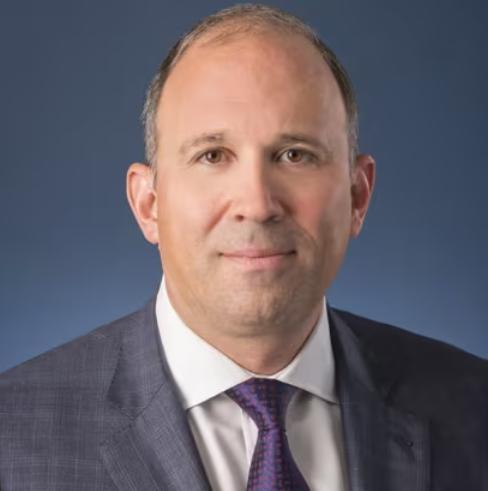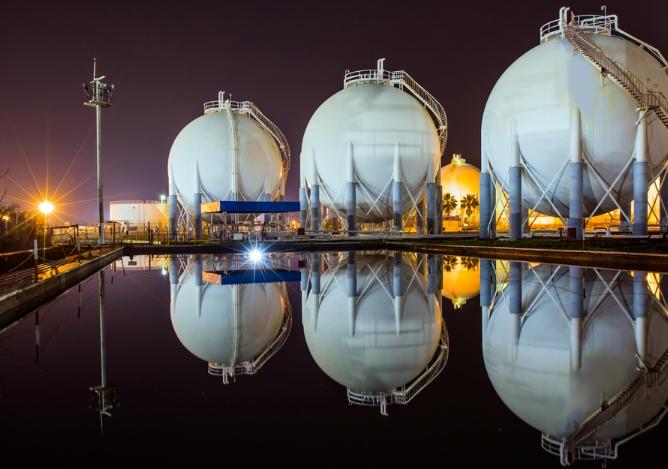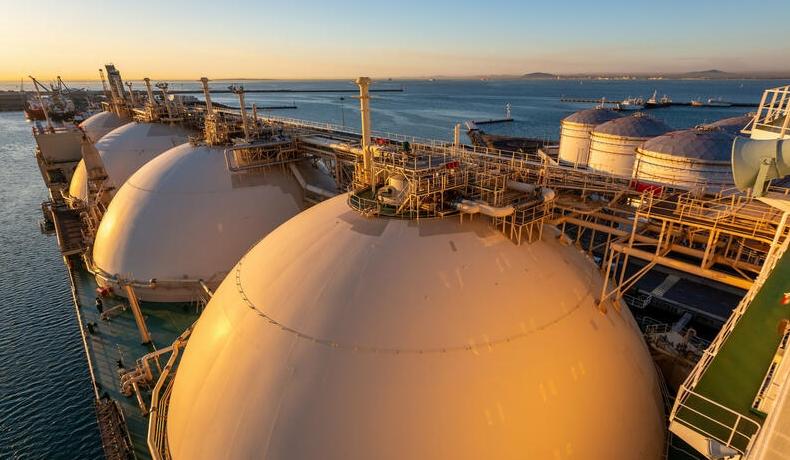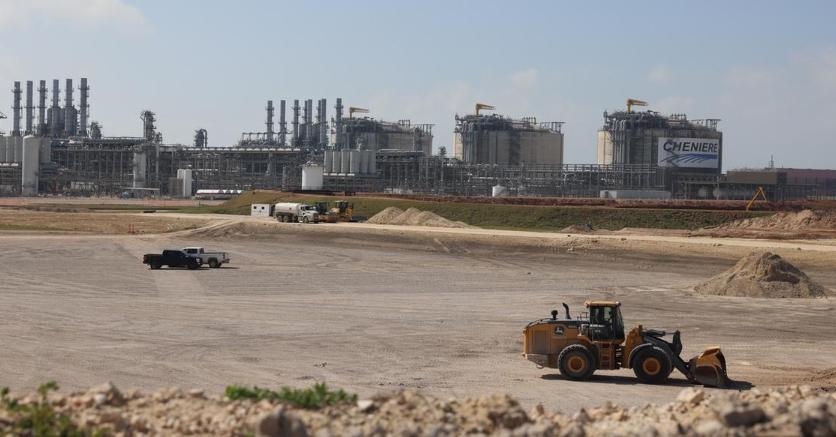The ongoing conflict in Ukraine is proving to be a significant turning point for the energy sector. Europe’s increasing demand for natural gas has created a sense of excitement akin to a gold rush in the United States. However, this development has also garnered louder criticism from various quarters.
If you’re curious about the source of the raw material that keeps our living rooms warm, the feelings of people on the US Gulf Coast about the LNG boom, and the efforts being made by the industry to improve environmental sustainability in extraction and liquefaction, then look no further than the states of Texas and Louisiana in the United States. These regions are at the forefront of the industry and hold many answers to these questions.
Corpus Christi, Texas, with its population of 300,000, is a bustling hub of the American energy industry. It is home to the oldest and largest LNG terminal in the USA, operated by the Cheniere Group. At this facility, natural gas is converted into liquid form and compressed, maximizing its volume for transport on ships.
Gas industry in the US is booming
Despite being just five years old, the facility has already reached its capacity limit due to various factors, including the ongoing aggression against Ukraine. The demand, particularly from Germany, has skyrocketed in the past year. As a result, Cheniere has made the decision to further expand this already massive location.
Houston, often referred to as the management Mecca of the American oil and gas industry, is where the mammoth project is being managed. Many energy giants, including Cheniere, have their headquarters in this bustling city.
Environmental concerns about methane leaks were raised belatedly

According to Anatol Feygin, Head of Sales at Cheniere, the liquefied natural gas industry is profiting from the conflict in Ukraine and the resulting uncertainty. Cheniere, which delivered 70 percent of LNG to Europe last year, has recently signed contracts with significantly longer terms, averaging 17 years.
“In light of the highly competitive market and the added strain from pipeline and supply conflicts in Europe, longer-term commitments have become more appealing. Feygin states that this presents an opportunity for Cheniere to continue its growth in the LNG industry,” says Anatol Feygin, sales director at the energy company Cheniere.
In a candid admission, Feygin acknowledges that the industry has overlooked the significant methane emissions associated with the extraction and transportation of natural gas for far too long.
Rethinking environmental protection
The company is now actively promoting the adoption of necessary equipment and technology to measure methane leaks in real time. With this information, the group aims to identify and address emissions at various stages of the process, as stated by Feygin.
The coastal border between Louisiana and Texas, where Cheniere is undergoing massive expansion, boasts unique biodiversity that cannot be found anywhere else in America. The region is known for its sprawling marsh landscapes, rare bird species, and stunning Gulf Coast vistas. However, the presence of energy giants has drastically altered the landscape in many areas, leading to environmental concerns.

Residents fight against LNG terminals
John Allaire, who has been fighting against the LNG plants due to environmental concerns, bought his property in Cameron Parish, Louisiana 25 years ago, well before LNG became an issue. The 64-year-old has raised his three children on this land, and now his grandchildren also visit regularly. For Allaire, this place was once a symbol of pure idyll. However, with the construction of an LNG plant just a few kilometers away, and another one planned right next door, his peaceful existence has been disrupted. Despite his legal battles in court, Allaire’s efforts may be futile in the face of powerful energy giants.
Gas and oil as an answer to the energy crisis?
According to Allaire, the notion that the energy industry contributes to public funds through taxes is mere window dressing. He points out that many companies receive tax exemptions for the first decade of their operations, resulting in significant losses for the state of Louisiana, which has reportedly lost nearly $750 million since 2017.
Allaire acknowledges the current energy shortage in Europe but questions whether gas and oil are the ultimate solution. He believes that these resources are finite and should be conserved for areas where there are no viable alternatives. Allaire argues:
“Fossil fuels should only be used as a last resort, in cases where no other options are available. For instance, the airplanes cannot run on wind power, and there are currently no viable alternatives for certain industries.”
Allaire’s concerns stem from the proximity of his residence to the LNG terminal, where he witnesses the impact of the energy industry on the environment and the utilization of fossil fuels.

Satisfy the hunger for energy and protect the environment
The effects of the war in Ukraine are palpable on the Gulf Coast, impacting both the people and the environment. While there are short-term benefits such as billions in investments, job creation, and record sales, there are also negative consequences such as polluted air, destroyed nature, and deserted cities. Despite the immediate gains, relying solely on LNG from the US may not be a sustainable long-term solution to meet Europe’s energy needs. It is crucial to consider the long-term impacts on both the environment and communities when making energy decisions.
Now, more than ever, it falls upon politicians to establish the necessary framework to address the pressing energy demands while minimizing environmental impacts. The challenge is to strike a balance between meeting the immediate energy needs and striving for greater independence from fossil fuels in the medium and long term.



